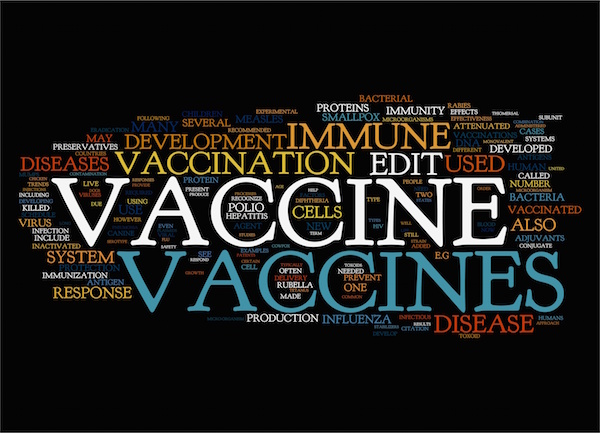
TUESDAY, June 28 (HealthDay News) — Cancer patients taking the drugs sunitinib and sorafenib respond to the flu vaccine, which suggests that the drugs don’t cause as much damage to the immune system as previously believed, researchers say.
The small study included 40 volunteers in the Netherlands, including 16 who were treated with sunitinib and six who were treated with sorafenib. Seven patients with metastatic renal cell (kidney) cancer received neither drug, nor did 11 healthy people.
When given a flu vaccine, all of the cancer patients had an antibody response similar to that of the healthy participants.
The study appears in the current issue of the journal Clinical Cancer Research.
“The exact incidence of influenza in patients with cancer is not known, however, it is definitely higher than in the general population,” study leader Dr. Carla van Herpen, a medical oncologist at the Radboud University Nijmegen Medical Center, said in a journal news release. “Managing these patients with the flu vaccine would improve their quality of life.”
The findings have implications beyond reducing cancer patients’ risk of flu, according to Dr. Keith Flaherty, director of developmental therapeutics at Massachusetts General Hospital and a senior editor of Clinical Cancer Research.
“The damage that chemotherapy does to normal, healthy cells as it treats cancer has been well documented, but the precise effect that the new class of targeted agents has on the immune system is less well known. This study helps us answer that question,” he said in the news release.
More information
The U.S. Centers for Disease Control and Prevention has more about cancer and the flu.

